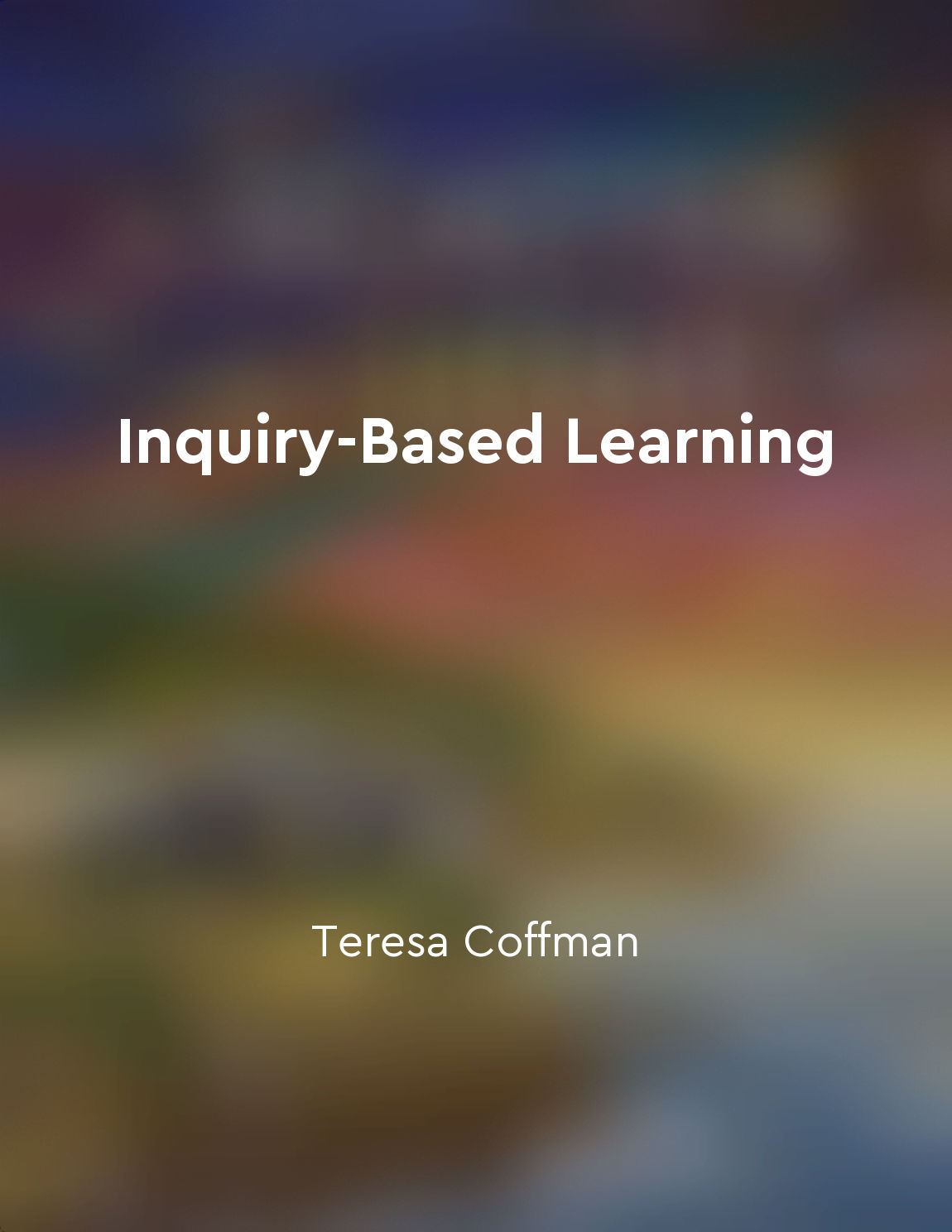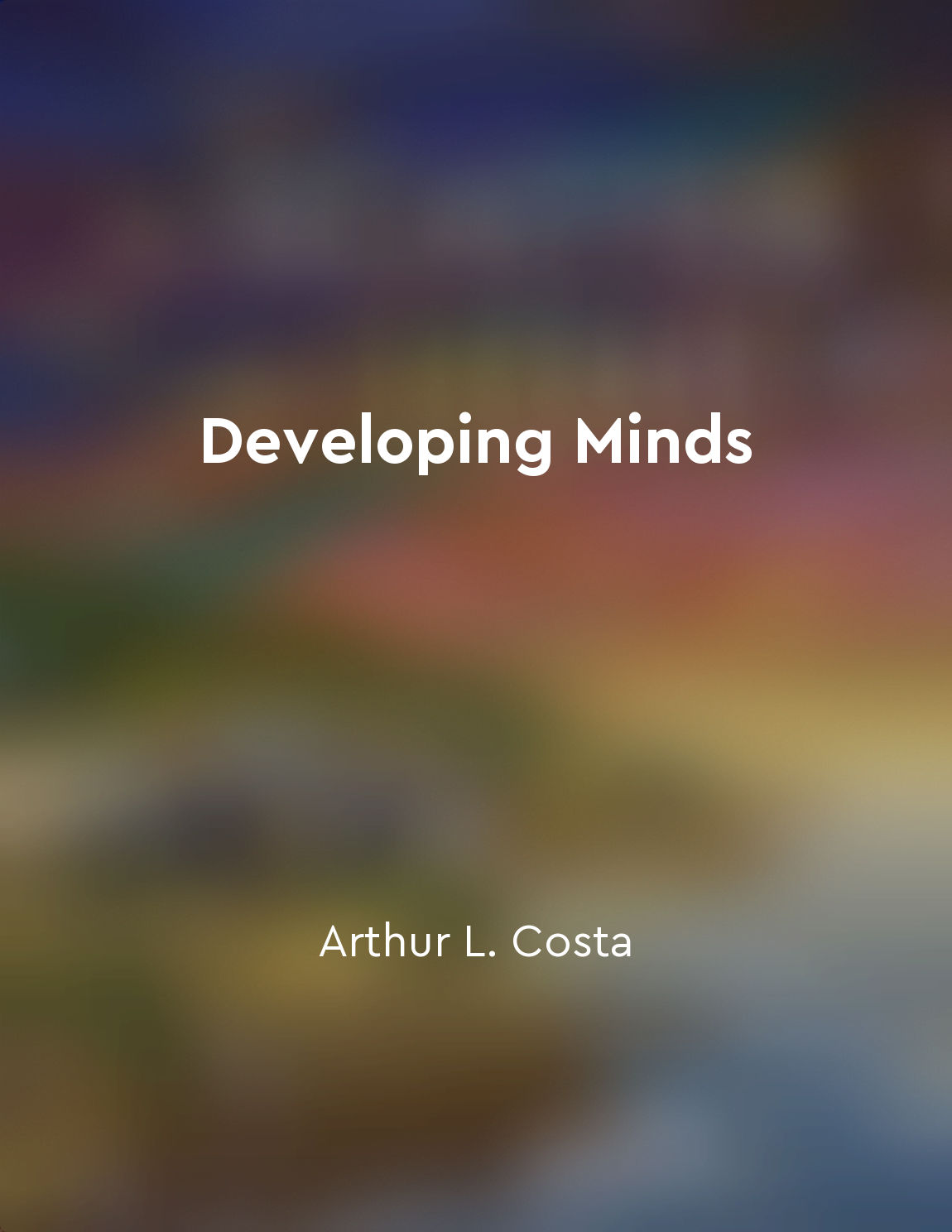Education long tail from "summary" of The Longer Long Tail by Chris Anderson
The concept of the long tail has profound implications for education. Just as in the world of business and entertainment, the long tail of education represents a vast array of niche interests and specialized knowledge that traditional educational institutions have often overlooked. This long tail of education is made up of a wide variety of subjects, skills, and specialties that may not have mass appeal but are nonetheless valuable to certain individuals. In the traditional educational model, the focus has been on catering to the needs of the mainstream, offering a standardized curriculum that is meant to appeal to a broad audience. However, this approach neglects the unique interests and learning styles of individual students. By embracing the concept of the long tail, educators can create a more personalized and adaptive learning experience that caters to the diverse needs of students. In the long tail of education, students have the opportunity to explore niche subjects that may not be covered in traditional educational settings. This allows for a more customized learning experience that can better engage students and foster a deeper understanding of a particular topic. By tapping into the long tail of education, students can pursue their passions and develop expertise in areas that align with their interests and goals. Furthermore, the long tail of education opens up new opportunities for educators to connect with students and provide tailored learning experiences. Online platforms and digital tools make it easier for educators to reach a wider audience and offer specialized courses that cater to niche interests. This democratization of education allows for greater access to learning resources and enables students to explore a diverse range of subjects that may not be available in traditional educational settings.- The concept of the long tail in education represents a shift towards a more personalized, adaptive, and diverse learning experience. By embracing the long tail of education, educators can better engage students, cater to individual interests, and provide a more inclusive and accessible learning environment. This approach has the potential to revolutionize the field of education and empower students to pursue their passions and achieve their full potential.
Similar Posts

Authentic experiences drive learning
Authentic experiences are at the heart of inquiry-based learning. When students engage in activities that are meaningful and re...

Developing minds should be encouraged to question and challenge
Encouraging developing minds to question and challenge is essential for their growth and development. When young minds are enco...
Break down tasks into manageable chunks for easy learning
When faced with a complex task, our natural inclination is often to try to tackle it all at once. However, this approach can qu...
Embracing a growth mindset to adapt and thrive
An individual must realize that in today's rapidly changing world, the ability to adapt and thrive is essential for success. Th...
Social media is impacting politics and society
Social media has fundamentally changed the way politics is conducted and how societies function. It has given individuals the p...
Focusing on weak areas
When preparing for the TOEFL exam, it is crucial to identify and work on your weaker areas. By focusing on these weak points, y...
Social interactions impact learning experiences
Social interactions play a crucial role in shaping learning experiences. When individuals engage with others in a social settin...
Embrace discomfort as a way to grow
When it comes to learning and personal growth, it’s important to understand that growth doesn’t happen in our comfort zones. In...
Building resilience is essential for facing challenges
In a world that is constantly changing and presenting us with new challenges, the ability to bounce back and adapt is crucial. ...


